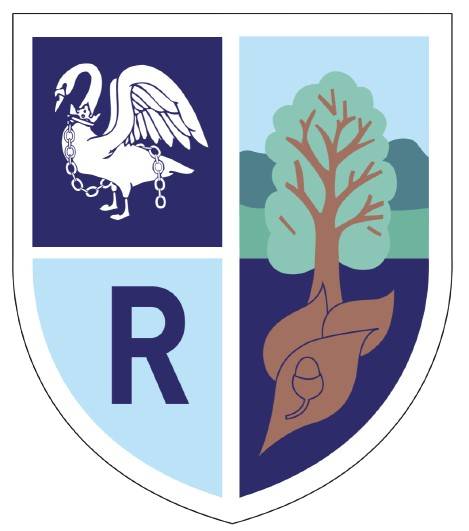Geography
Curriculum statement for Geography
The world is an exciting and fascinating place. Children are inquisitive and have a desire to know why and where things are. Geography is a subject that responds to this curiosity.
Studying geography is important for children; it helps them to make sense of the world around them. Geography deals with the here and now of real life and is a vital living subject that contributes to and enhances the wider curriculum. It allows us to identify and name places, the features within them and the human and physical processes at work there. Geography helps our children to understand how and why places are changing and how human activities impact the planet. In addition, geography promotes the development of skills such as communication, teamwork, and problem-solving which are essential for effective citizenship.
Intent
To provide a stimulating curriculum in order to capture the pupils’ curiosity and fuel their motivation to learn more about the world around them.
To improve children’s geographical vocabulary, map skills and geographical facts and to provide opportunities for consolidation and challenge to ensure interest.
To encourage children to view the world and their place within it, to engage with the world around them and become informed and active future citizens.
To enable pupils to view themselves as part of a wider, global community and have opportunities to compare and contrast distant places with their own lives.
To build knowledge about different cultures, societies, and environments, in order that students are better equipped to understand and tackle global issues, such as climate change, poverty, and inequality.
Implementation
Teachers follow planning that has been developed to ensure coverage of the requirements of the National Curriculum. It identifies the building blocks of geographical knowledge, skills and understanding that should be taught in order to ensure progression in skills and understanding and to develop a firm foundation that underpins future geographical learning.
Geography is taught as a separate subject with cross curricular links being made where possible. Geography topics are taught in half-termly units of work which have been developed to allow children to revisit elements of the curriculum; each time with a developing geographical knowledge base, a greater level of understanding and more advanced use of geographical skills. This ensures children are given opportunities to achieve depth in their learning.
During lessons, geography is increasingly being taken outside the classroom to gain hands on experiences. This ranges from fieldwork in the school environment to visits and walks around the local community. Residential trips provide additional opportunities to investigate physical and human features and enhance children’s understanding of the world beyond their locality.
Lessons incorporate various teaching strategies from independent tasks to paired and group work, including computer-based and collaborative tasks. This variety means that lessons are engaging and appeal to a variety of learning styles.
Impact
We believe that the impact of our geography curriculum is that children will leave Robertswood with a love of geography and a solid foundation of the different strands upon which they can continue to build their geographical knowledge.
Teachers will have high expectations of all children. We aspire for children to achieve age related expectations and reach their full potential in geography at the end of each year group. Judgements will be drawn from book scrutinies, observation of lessons, and discussions with pupils about what they remembered about the content they have studied.
Children will leave Robertswood being able to speak confidently about their geography learning, skills and knowledge.
